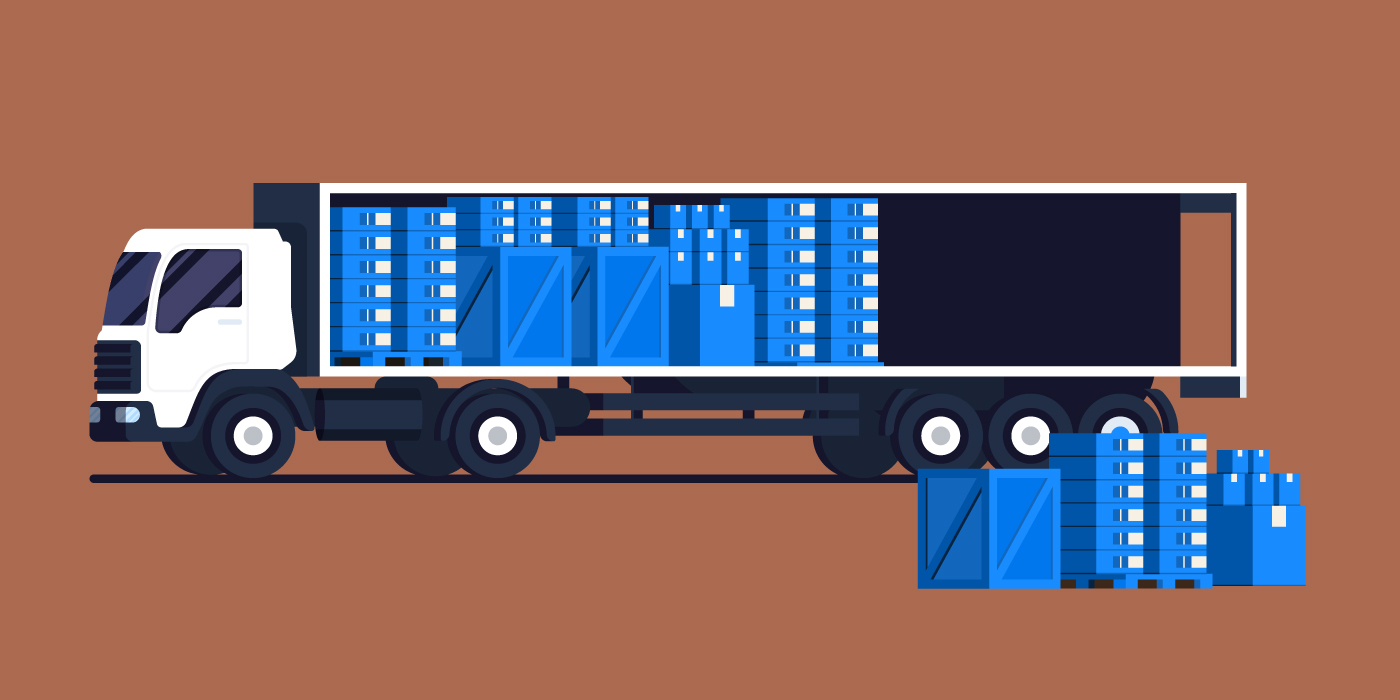
Load planning is the process of optimizing all the processes involved in transportation. This has proven to be one of the most challenging factors for trucking companies. What makes a good load planner an essential element in this business? Basically, it allows you to maximize the capacity of your trucks to deliver multiple shipments in the shortest time possible while also cutting down costs. It reduces the number of drivers and trucks without affecting operational efficiency.
Importance of Load Planning
One of the main responsibilities of a load planner is to ensure efficiency in the entire operation by maximizing the capacity of your trucks. Here are some more benefits;
- Maximizing the Capacity of the Trucks and Drivers
This is the primary function of a load planner; maximize the capacity of each truck and each driver. It includes mixing and matching different loads by type, size, destination, packaging, and vehicle type.
For example, they may mix larger packages with smaller ones to optimize spaces. The loading process is also put into consideration depending on the destination and ensuring the protection of the cargo.
- Reducing Costs
Load planning has been proven to help in cutting unnecessary costs. By maximizing all the spaces in your trucks, you can cut transportation costs by reducing the number of trucks and drivers needed. Or rather, transporting and delivering more goods in a less amount of time.
Of course, factors like the loading sequence and destinations must be put into consideration. Bad load planning may lead to the unnecessary use of more trucks and drivers.
- Increasing Delivery Capacity
Suppose you are able to make maximum use of all the trucks and optimize capacity. In that case, it only means more loads and cargo can be accommodated, which also means more delivery capacity. You get to deliver more within a short period of time.
- Improving Customer Experience
Faster shipments with no extra costs are not only advantageous to you but also to your customers. And if you are able to make your customers happy, it only means you can keep them for longer, which is another win for the business.
- Increasing Profitability
If you can reduce shipping costs and deliver more quickly, then it means you also get to earn and save more for your business. This makes efficient load planning a fundamental element in the whole process.
Disadvantages of Traditional Load Planning
Everything that has an advantage always has its downsides. And the load planning process is not an exception. Some disadvantages come with it. They include;
- Time-Consuming
Load planning comes with a lot of tasks and factors to consider, including cargo type, vehicle type, sizes, destinations, and more. The traditional approach, or manually planning these orders, takes a lot of time and may require more people to work on the job.
- Considering Workloads and Overtime
Traditional load planning systems may not take into account expenses such as driver overtime. This also means you have to audit and adjust generated plans manually.









